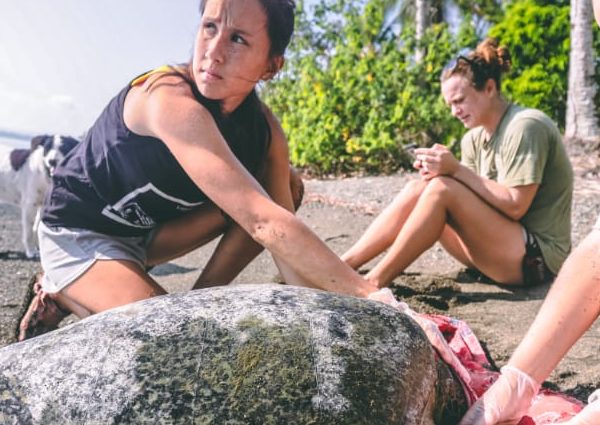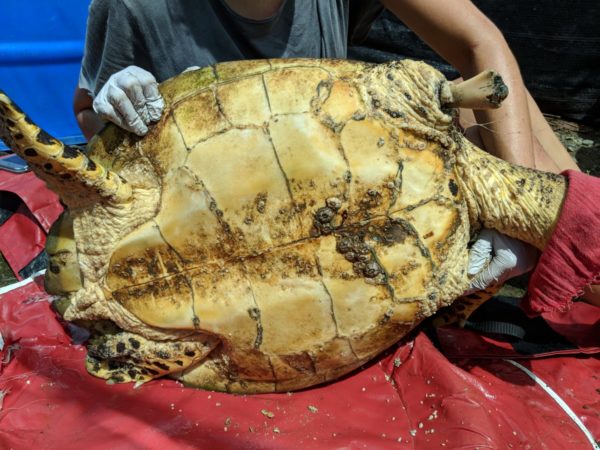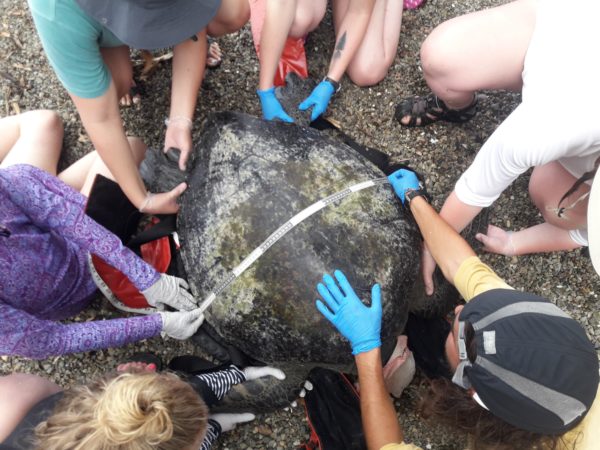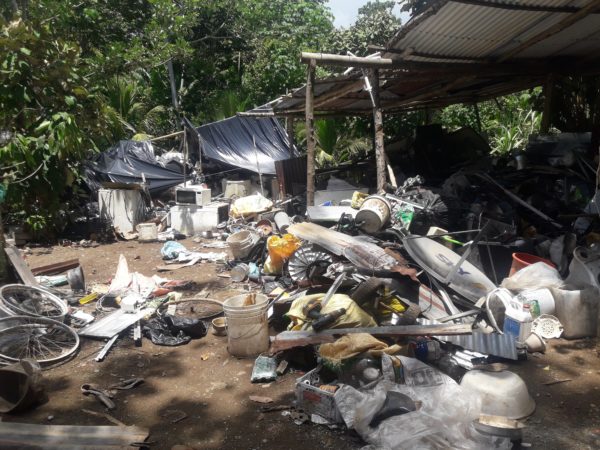Marine Lives helps projects whose aim is to care for the seas and coastlines around us
Concern for the world’s seas and oceans has never been greater. Until now it was often taken for granted – continuously feeding us, sometimes a distant battleground, dividing countries and covering a vast percentage of the planet. Now our maritime future is under threat often because of mis-use and abuse. Whilst it can seem that the world does not care – we know that many individuals do care and are actively involved in the study and preservation of marine life.
This year the Foundation provided travel bursaries for 28 young turtle scientists and workers from the US, Canada, South America, Africa, Caribbean, Europe and South East Asia to attend the 39th International Sea Turtle Symposium held in Charleston, South Carolina in February.





